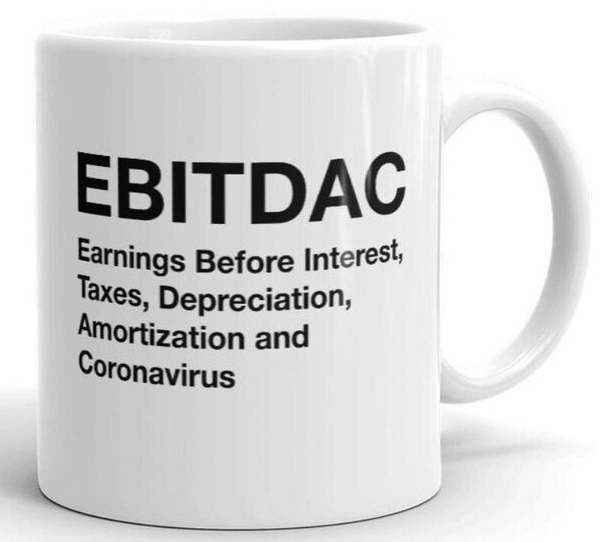The pandemic has not affected all businesses equally. While a few sectors have boomed (ecommerce, healthtech, for example), most businesses have been negatively affected to one degree or another (retail, tourism , for example) . While known short term performance will have some impact on valuations, the factor which is currently having a greater impact is uncertainty.
If the value of any business is the sum of its future cash flows, then valuation fundamentally depends on predicting the future. The uncertainty created by the coronavirus pandemic has made this prediction even more difficult than before. But this does not mean that business valuations have collapsed, it just means that it is more difficult for both buyers and sellers to know what the right valuation is.
In this environment, information is very valuable. The onus is on sellers, and their team, to highlight the parts of the future which are known, and which can be predicted, to build a more detailed picture and make valuation more achievable. For industries that are expected to be resilient through the crisis, a business case must be made that explains this in detail. At the level of the individual business there will be many things that can be predicted, and data should be used to highlight these. Specific measures taken by businesses to reduce losses, or to take advantage of growth opportunities in specific profit centres, must be quantified, tracked and highlighted. The objective is to reduce the generalised cloud that surrounds the future by making certain parts of it clearer and more predictable.
EBITDAC
The overly simplistic principle of just excluding the period affected by coronavirus, and employing the same metrics for valuation but using the time period immediately before the pandemic took hold (the so called EBITDAC approach), will not yield a meaningful valuation on its own. Each industry and each business is different, but in most cases people do not reasonably expect conditions to return to exactly as they were in 2019, and a simplified valuation with this approach is obviously flawed. Each business will have some elements that are more profitable than before, some that are less profitable, some business units that have completely changed or have been eliminated, and new profit centres that may not have existed before.
The principle of using this most recent data as a starting point for a valuation
Businesses that cannot reduce the uncertainty around their future at all will face valuations that are significantly discounted compared to pre-COVID levels, whereas those that can show at least a degree of predictability will be discounted far less.
Serious buyers are not cheap bargain hunters. They are looking for value, opportunity and the mitigation of downside risk. Many know that crises present opportunities to secure valuable assets at slightly reduced prices or better terms, by taking away some short term risk from the seller and benefiting from longer-term upside potential. They know that crises are often the only times when certain competitors ever become realistic acquisition targets..
METHODOLOGY covid IN PRACTICE
The main principles of business valuation still apply. The question is how much of a discount from the pre-COVID valuation is reasonable for businesses that have been negatively affected, or how much of a premium can be justified for businesses that are performing better than ever. The key to each answer is building a reasonable business case, using those pieces of data or insights that are available, to reduce the uncertainty around the data that is not available.
We have to consider the potential Impact of COVID-19 Induced Volatility on Business Valuation :
1) The DCF valuation method is only as robust as the business plan supporting it and should integrate updated WACCs.
2) The Multiples valuation method will have to be interpreted with care and considering at least the average of 3 years in the ratio applied over the EBITDA.
Also , the role of the valuer – independent expert rather than advocate, audit or advisor is so key in these COVID TIMES.
Lince Corporate has the instruments and expertise to value any company in these difficult times




